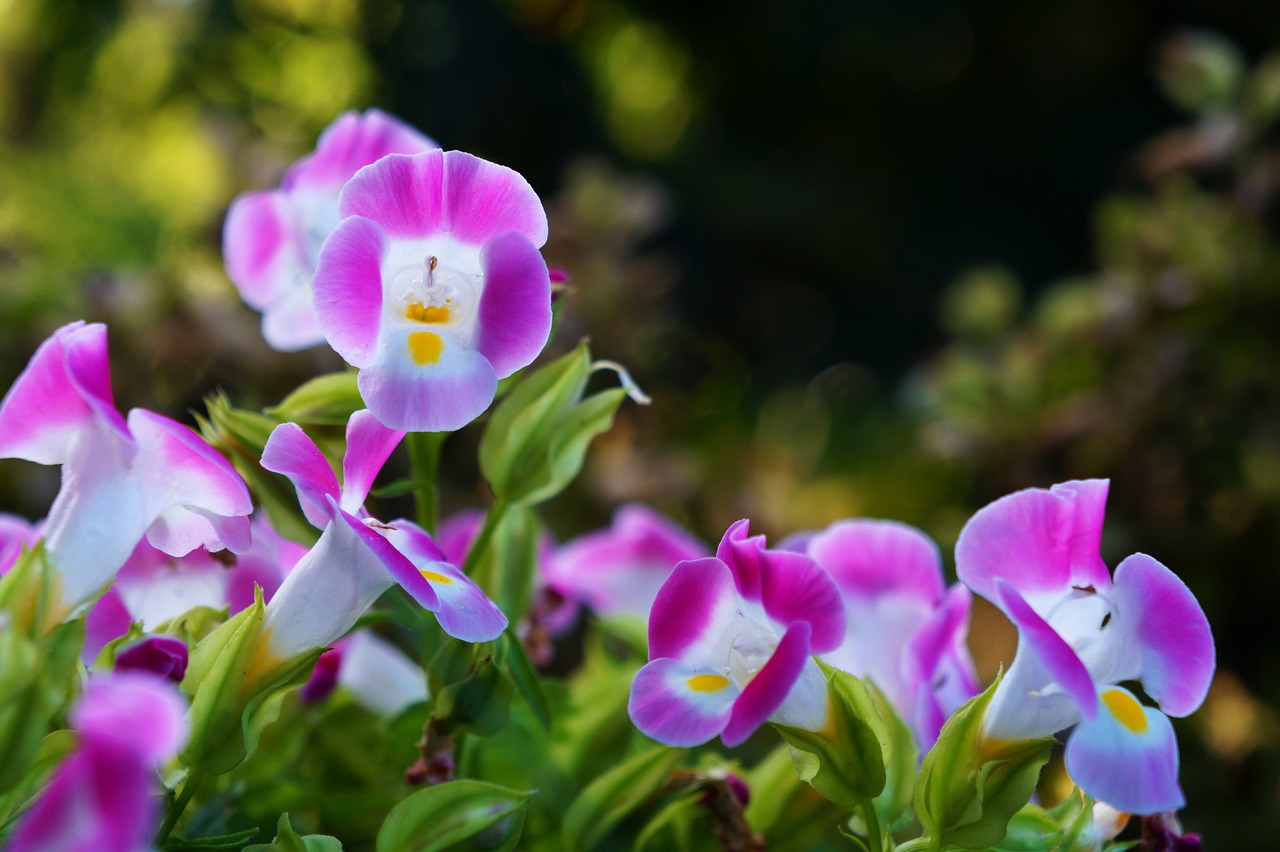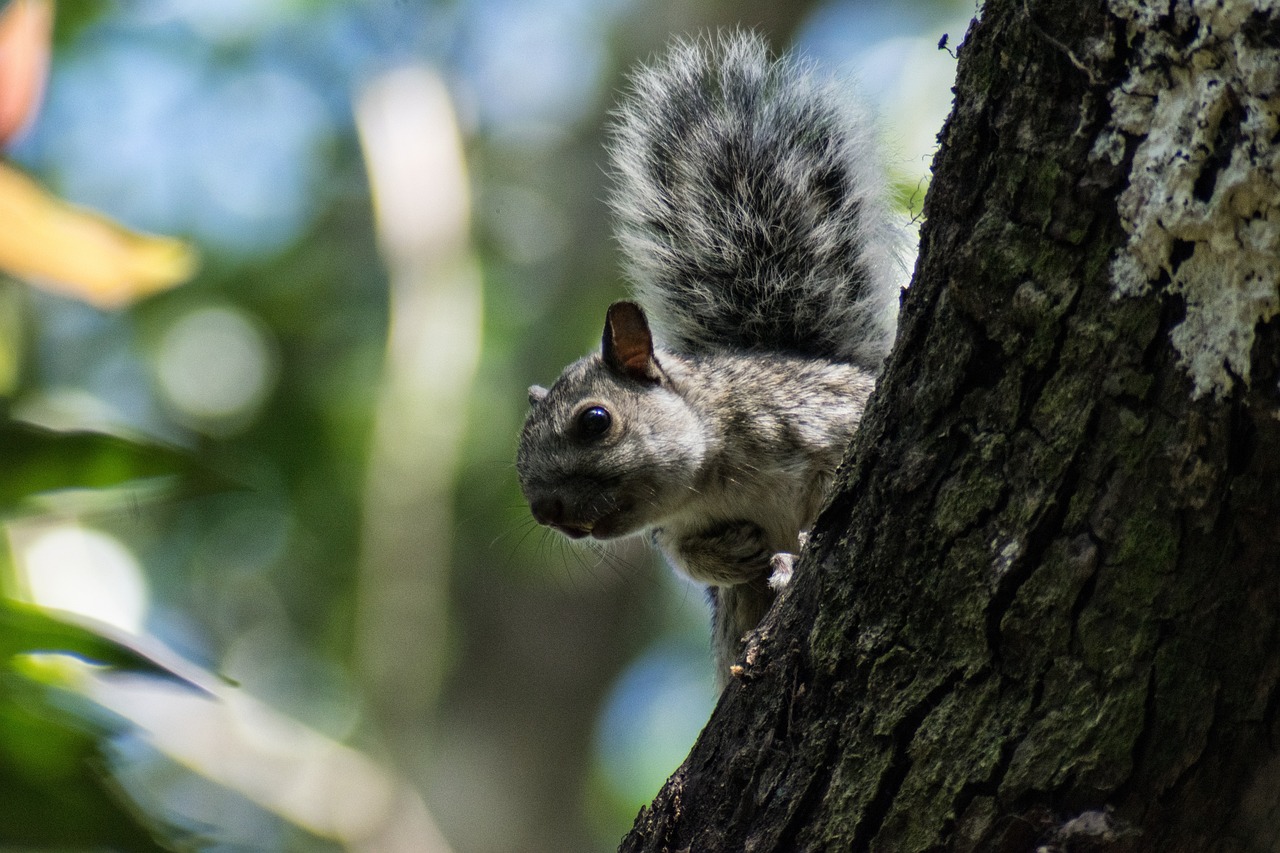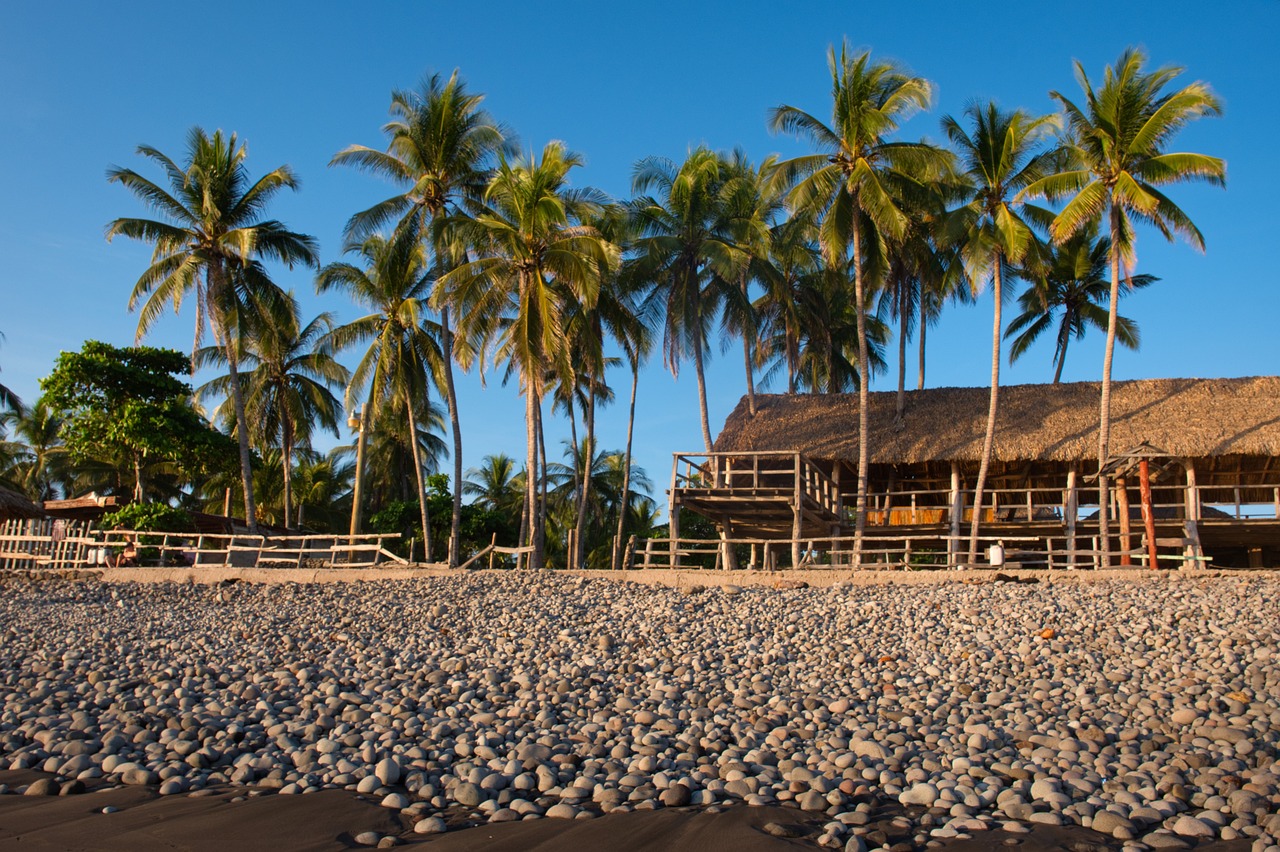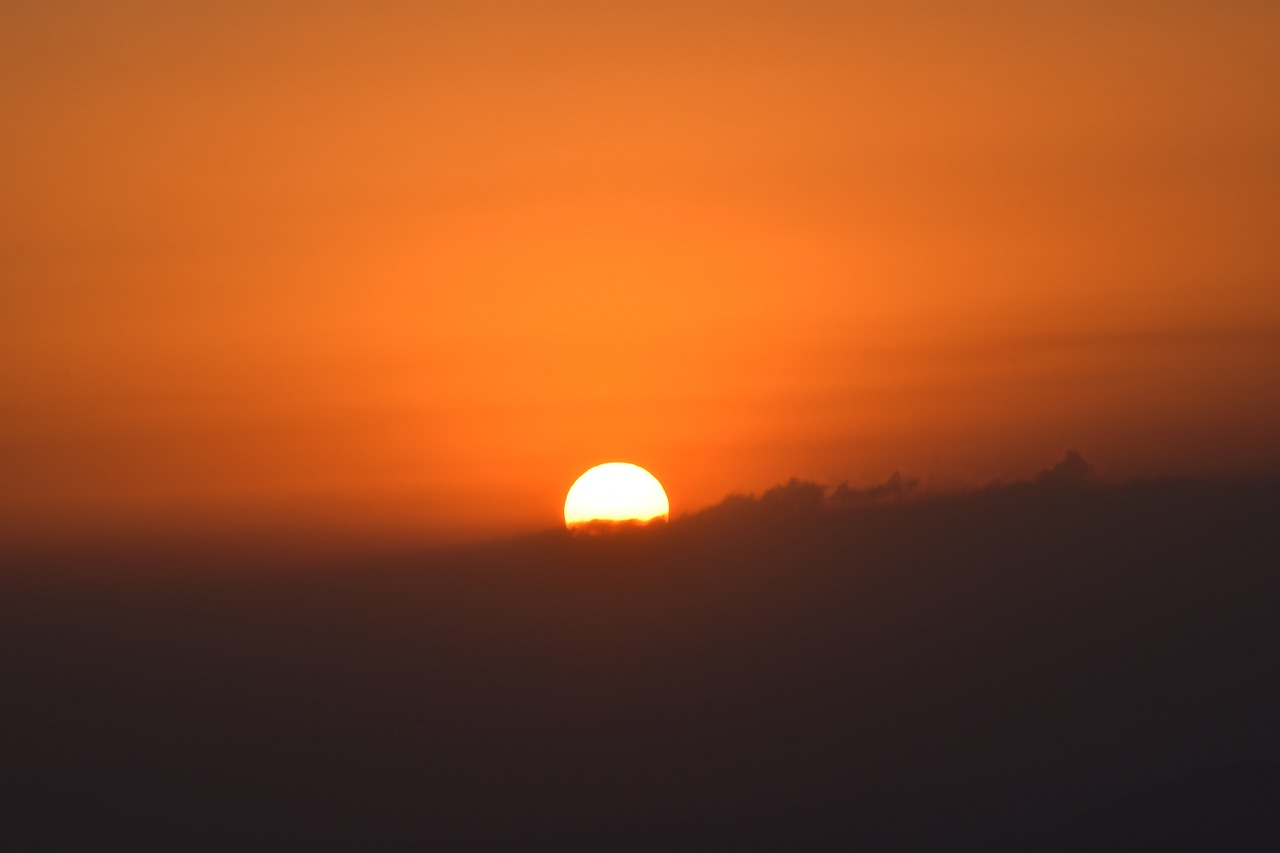Celebrating Global Festivals with Locals in El Salvador
El Salvador, a vibrant country in Central America, is known for its rich cultural heritage and diverse festivals. Celebrating global festivals with locals in El Salvador offers a unique opportunity to immerse oneself in the local traditions, experience the warm hospitality of the Salvadoran people, and create lifelong memories. From colorful parades and traditional dances to mouthwatering cuisine and lively music, the festivals in El Salvador showcase the country’s deep-rooted cultural identity. This article will guide you through twelve exciting festivals celebrated in El Salvador, providing detailed insights into each festival’s history, traditions, and significance.
Festival de las Flores
The Festival de las Flores, also known as the Flower Festival, is a vibrant celebration of nature’s beauty and El Salvador’s floral diversity. This annual festival takes place in the capital city, San Salvador, during the first week of November. The festival features elaborate flower displays, floral parades, and competitions showcasing artistic flower arrangements. The streets come alive with music, dance, and colorful costumes, making it a visual feast for visitors. During the festival, locals and tourists can explore the Flower Fair, where they can purchase a variety of flowers, plants, and gardening accessories.
- Floral Parades: The festival’s main highlight is the grand floral parade, where elaborately decorated floats adorned with vibrant flowers and foliage parade through the streets of San Salvador. The floats represent different themes, including local folklore, cultural heritage, and environmental conservation.
- Flower Queen Competition: A significant event during the Festival de las Flores is the Flower Queen competition. Contestants showcase their beauty, grace, and knowledge of El Salvador’s flora while representing their respective municipalities. The winner is crowned the Flower Queen and becomes an ambassador for promoting the country’s natural beauty.
- Artistic Flower Arrangements: Local artisans and florists display their creative skills by crafting intricate and eye-catching flower arrangements. These arrangements often depict traditional Salvadoran motifs, such as indigenous symbols, colonial architecture, and cultural traditions.
Carnaval de San Miguel
The Carnaval de San Miguel is one of the most anticipated festivals in El Salvador, attracting thousands of visitors from around the world. This colorful carnival takes place in the eastern city of San Miguel during the last week of November. The festival’s origins can be traced back to the colonial era when African slaves celebrated their freedom with music, dance, and vibrant costumes. Today, the Carnaval de San Miguel is a lively extravaganza that showcases the Afro-Salvadoran cultural heritage.
- Comparsas: Comparsas are groups of dancers, musicians, and performers who participate in the carnival parade. Each comparsa represents a specific theme, such as traditional folklore, African roots, or contemporary social issues. The dancers wear elaborate costumes and perform energetic dance routines accompanied by live music.
- Diablos de la Danza: The Diablos de la Danza, or Devils of Dance, are a key element of the Carnaval de San Miguel. These performers wear devil masks and colorful outfits, representing the struggle between good and evil. They entertain the crowds with their energetic dance moves and mischievous antics.
- Food and Craft Stalls: Throughout the carnival, visitors can indulge in a variety of traditional Salvadoran dishes and snacks. Street vendors set up food stalls offering pupusas (a stuffed tortilla), tamales, yuca frita (fried cassava), and other local delicacies. There are also craft stalls selling handmade souvenirs, clothing, and accessories.
El Salvador Image 1:

Festival Internacional de Santa Ana
The Festival Internacional de Santa Ana is a renowned cultural event that takes place in the city of Santa Ana, located in western El Salvador. This festival aims to promote arts, music, theater, and dance from around the world. It usually occurs in late January or early February and attracts both local and international artists and performers.
- International Performances: The festival features a diverse lineup of international artists, including musicians, dancers, theater groups, and visual artists. Performances take place in various venues, such as theaters, parks, and open-air stages, allowing visitors to experience different forms of artistic expression.
- Street Art and Graffiti: Santa Ana’s streets become a canvas for talented local and international graffiti artists during the festival. Visitors can explore the city’s vibrant street art scene, admiring colorful murals and urban art installations.
- Craft and Artisan Fair: The Festival Internacional de Santa Ana hosts a craft and artisan fair, where visitors can browse and purchase unique handmade products. From traditional ceramics and textiles to contemporary artworks, the fair offers a wide range of artistic creations.
El Salvador Image 2:

Feria Internacional Ganadera
The Feria Internacional Ganadera, or International Livestock Fair, is an annual agricultural fair held in San Salvador. This fair celebrates the country’s agricultural heritage and showcases livestock, farming techniques, and agricultural products. It usually takes place in late April and attracts farmers, ranchers, and agricultural enthusiasts from all over El Salvador.
- Livestock Exhibitions: The fair features livestock exhibitions, where farmers showcase their finest cattle, horses, pigs, and other farm animals. Visitors can observe the different breeds, learn about animal husbandry practices, and witness competitions such as horse shows and rodeos.
- Agricultural Machinery and Equipment: Companies specializing in agricultural machinery and equipment participate in the fair, showcasing the latest innovations in farming technology. Farmers and entrepreneurs can explore the exhibition area to discover new tools and machinery that can enhance their agricultural practices.
- Local Food and Beverage: The Feria Internacional Ganadera offers a wide variety of traditional Salvadoran food and beverages. Visitors can sample dishes made from locally sourced ingredients, such as pupusas, empanadas, and traditional beverages like horchata and tamarind juice.
Festival del Maíz
The Festival del Maíz, or Corn Festival, pays homage to one of El Salvador’s staple crops and its cultural significance. Corn has been a vital part of Salvadoran cuisine and indigenous culture for centuries. This festival, held in Jiquilisco Bay, Usulután, celebrates corn’s importance through traditional dances, culinary events, and art exhibitions.
- Traditional Corn Dishes: During the festival, visitors can savor a wide array of traditional corn-based dishes, such as tamales, atol de elote (sweet corn drink), and riguas (corn pancakes). Local chefs and vendors showcase their culinary skills, offering a taste of authentic Salvadoran cuisine.
- Art and Craft Exhibitions: The Festival del Maíz features art and craft exhibitions that highlight the cultural significance of corn in Salvadoran society. Artists create intricate corn husk sculptures, paintings, and pottery, showcasing the artistic talent and creativity inspired by this staple crop.
- Indigenous Rituals and Dances: The festival provides a platform for indigenous communities to showcase their traditional rituals and dances. Visitors can witness performances that depict the connection between corn cultivation and indigenous spirituality, preserving the cultural heritage of these communities.
El Salvador Image 3:

References:
- gypsywarrior.com
- sansalvador.gob.sv
- santana.gob.sv
- elsalvadorturismo.gob.sv
- elsalvador.com

